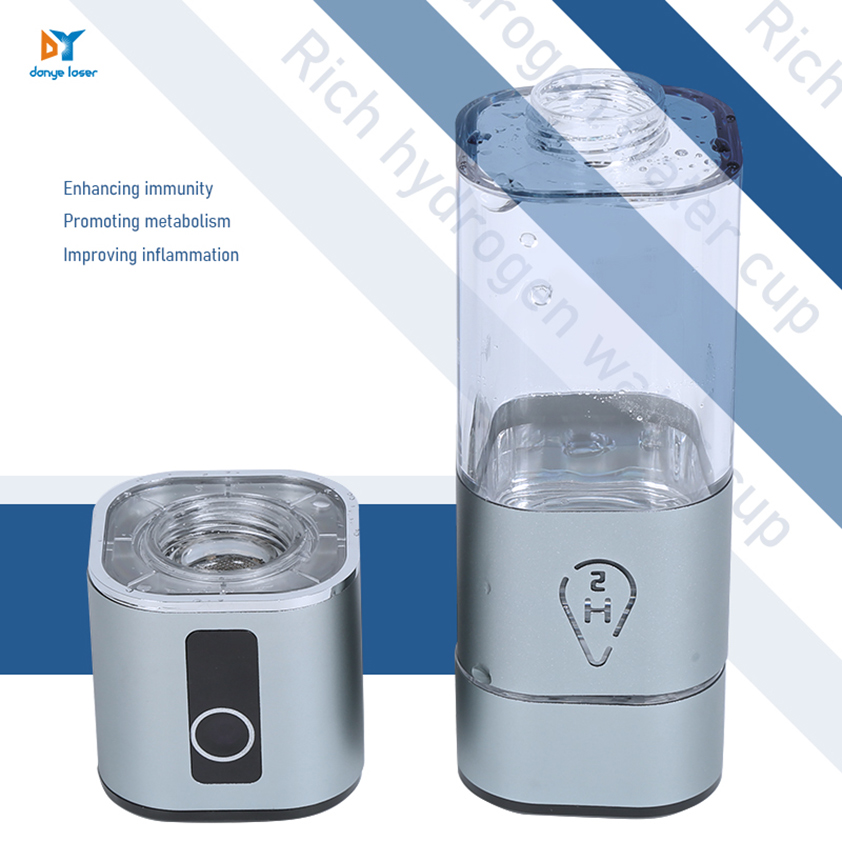Hydrogen-rich water has recently gained significant attention for its potential to promote health and well-being. One of its key benefits is its powerful antioxidant effect. Hydrogen effectively neutralizes free radicals in the body, reducing oxidative stress and protecting cells from damage. This is vital in preventing various age-related conditions such as heart disease, diabetes, and neurodegenerative disorders like Alzheimer’s. Additionally, the antioxidant properties of hydrogen can improve skin health, slow down the aging process, and promote smoother, more elastic, and youthful-looking skin.
In addition to its antioxidant properties, hydrogen-rich water plays a crucial role in reducing inflammation. Studies have shown that hydrogen can lower inflammatory markers in the body, providing relief for those suffering from chronic inflammation. This is especially beneficial for individuals with conditions like arthritis, cardiovascular diseases, and other chronic illnesses. By reducing inflammation, hydrogen-rich water helps alleviate pain and discomfort, while also enhancing overall well-being and quality of life. Given that many chronic diseases are linked to inflammation, hydrogen-rich water shows promise in both preventing and treating these conditions.
Moreover, hydrogen-rich water is believed to boost metabolism. Research suggests that hydrogen can enhance energy metabolism, improving the body’s ability to break down and use fat, which is important for effective weight management and maintaining a healthy body composition. For those aiming to lose weight or improve fitness, hydrogen-rich water may be a helpful addition. It can also enhance exercise performance by reducing post-workout fatigue and speeding up recovery. Athletes and fitness enthusiasts may find that drinking hydrogen-rich water after exercise helps shorten recovery times, improve training results, and ultimately improve performance in subsequent workouts.
The diverse benefits of hydrogen-rich water make it an exciting addition to modern health practices. Its potential for improving health and enhancing athletic performance continues to be studied, offering new opportunities for both prevention and treatment.

Post time: Feb-16-2025



